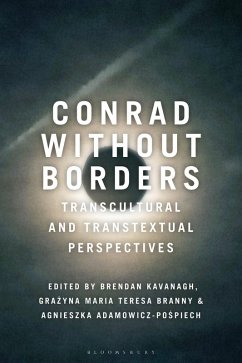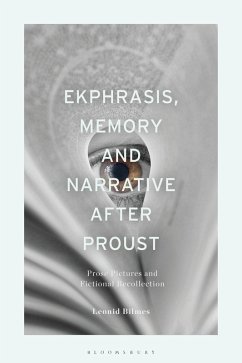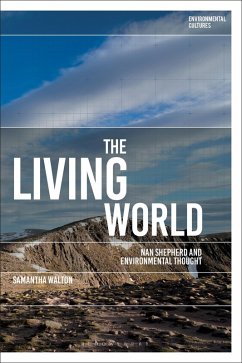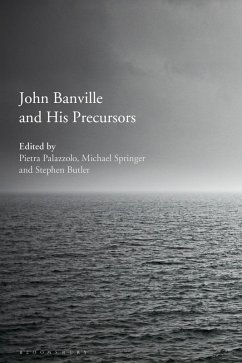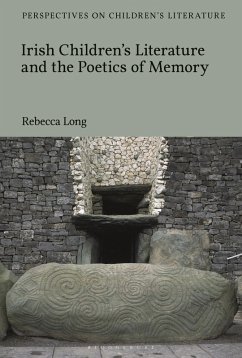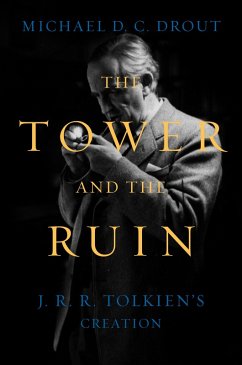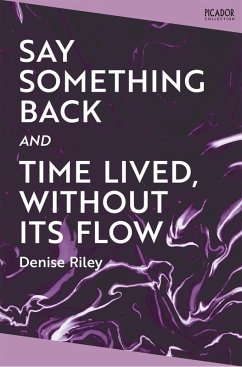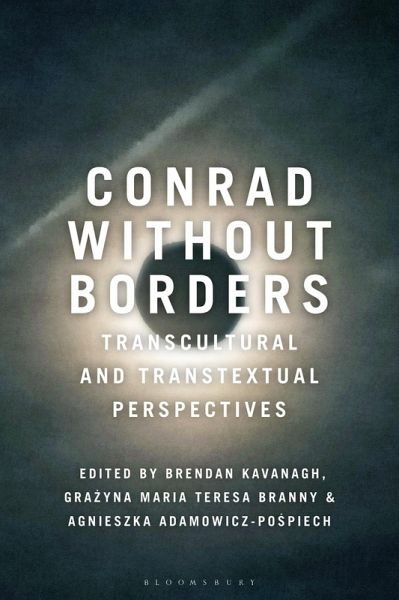
Conrad Without Borders (eBook, ePUB)
Transcultural and Transtextual Perspectives
Redaktion: Kavanagh, Brendan; Adamowicz-Pospiech, Agnieszka; Branny, Grazyna Maria Teresa

PAYBACK Punkte
12 °P sammeln!
A diverse and multinational volume, this book showcases the passages of Joseph Conrad's narratives across geographical and disciplinary boundaries, focusing on the transtextual and transcultural elements of his fiction. Featuring contributions from distinguished and emergent Conrad scholars, it unpacks the transformative meanings which Conrad's narratives have achieved in crossing national, cultural and disciplinary boundaries. Featuring studies on the reception of Conrad in modern China, an exploration of Conrad's relationship with India, a comparative study of the hybrid art of Conrad and Sa...
A diverse and multinational volume, this book showcases the passages of Joseph Conrad's narratives across geographical and disciplinary boundaries, focusing on the transtextual and transcultural elements of his fiction. Featuring contributions from distinguished and emergent Conrad scholars, it unpacks the transformative meanings which Conrad's narratives have achieved in crossing national, cultural and disciplinary boundaries. Featuring studies on the reception of Conrad in modern China, an exploration of Conrad's relationship with India, a comparative study of the hybrid art of Conrad and Salman Rushdie, and the responses of Conrad's narratives to alternative media forms, this volume brings out transtextual relations among Conrad's works and various media forms, world narratives, philosophies, and emergent modes of critical inquiry. Gathering essays by contributors from Canada, Hong Kong, India, Japan, Norway, Poland, Taiwan, the United Kingdom, and the United States, this volume constitutes an inclusive, transnational networking of emergent border-crossing scholarship.




